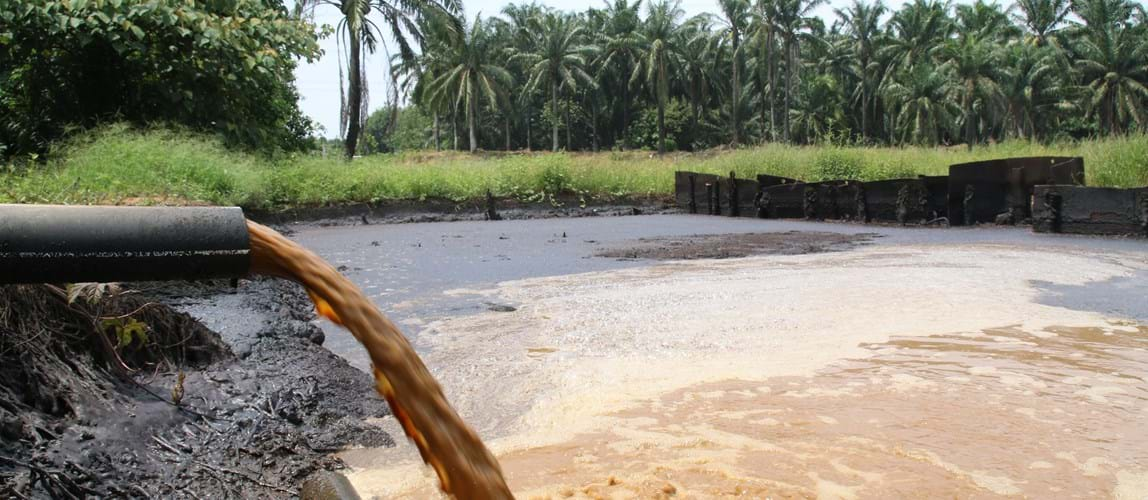Palm Oil Processing
Webinar: Application of Microwave Technology in Oil Palm Industry

- Date From 7th September 2020
- Date To 7th September 2020
- Price Free of charge, open to all.
- Location Online: 18:30 MYT. Duration: 1 hour.
Overview
There are more than 400 palm oil mills and several palm oil refinery plants in Malaysia, accounting about to 40% (~19 million tonnes) of the world palm oil production and contributed to about 3.0 % of total Malaysian GDP. Similarly, there are numerous palm oil industries in surrounding region of Malaysia.
The palm oil industry has been slower in adopting new and alternative technologies since 1970s in the industry. Among this is the sterilization process, which consumes extensive amount of energy (in form of high-pressure steam) and takes longer processing time (~1 to 2 hours). Steam based sterilization process also produces palm oil mill effluents (POME). The type (batch vs. continuous) and heating method of sterilizer technology would greatly affect the performance and energy efficiency of the sterilization process.
Another issue in the palm oil industry is the generation of huge amount of biomass. It should be noted that oil palm tree can only produce ~10% of crude palm oil and remaining is the biomass in the form of fronds, trunks, empty fruit bunches (EFB), oil palm shells (OPS), and oil palm fibres (OPF). Efforts have been done to convert these biomasses into value added products. However, most of the technologies either to sterilize or valorize the biomass are based on conventional heating method. Therefore, an alternative technology such as microwave heating was explored in recent years to sterilize the fresh palm fruits and valorize the biomass.
The presentation will focus on the fundamental, technical and application of microwave technologies in the palm oil industry. Although there are several benefits and advantages of MW technology over conventional heating method, but it is still surrounded by critical technical challenges that hinder the scale-up and commercialization of MW technology. Therefore, the presentation will also include the challenges and issues of microwave technology and how this affects the commercialization process.
The challenges are divided into feedstock (biomass), process (technology), and product. The major outcome of our research project is to address the techno-economic feasibility of scaling up the microwave technology to the commercial stage and how it can change and benefit the palm oil industry.
Focus of topic
Digitalisation.
Speaker
Dr Arshad Salema
Dr Arshad Salema graduated his Bachelor’s in Chemical Engineering from University of Pune, India, Master’s in Chemical Engineering and PhD in Mechanical Engineering from Universiti Teknologi Malaysia. He did postdoctoral at University of New Brunswick, Canada. Currently, he is working as a Senior Lecturer at Monash University Malaysia. He is a registered Chartered Engineer and Associate Member with Institution of Engineers, India, Life member of Indian Institute of Chemical Engineers, India and Graduate Engineer with Board of Engineers, Malaysia.
Dr Arshad is passionate in renewable energy, process design and development of themo-chemical system, microwave processing, energy efficiency and sustainability. Dr Arshad has experience in design and development of bench scale fluidized bed reactor to produce high siliceous rice husk ash. He also developed both a lab scale and bench scale microwave pyrolysis system at UTM, Malaysia and UNB, Canada, respectively. Currently, he is working on several projects such as “Techno-economic feasibility of using solar energy for BRT Sunway electric buses”, with Prasarana Bhd. and Sunway Group of Companies, “Microwave sterilization of palm fresh fruits”, with Sime Darby Research Sdn. Bhd. and “Thermo-kinetic optimization of oil palm biomass pyrolysis products using hybrid Artificial Intelligent model” under FRGS grant, Ministry of Education.
Dr Arshad has published more than 50 articles in international reputed journals and conferences with h-index of 20. He is also a reviewer to several international journals. He also loves to teach, train and share experience with undergraduate, graduate students, researchers and professional through seminars, and workshops.
Agenda
- 18:30 — Presentation begins, followed by question-and-answer session
- 19:30 — Online presentation ends
Stay connected
Member-exclusive content
Become an IChemE member to enjoy full access to this content and a range of other membership benefits. If you are already a member, please log in.
Back to events